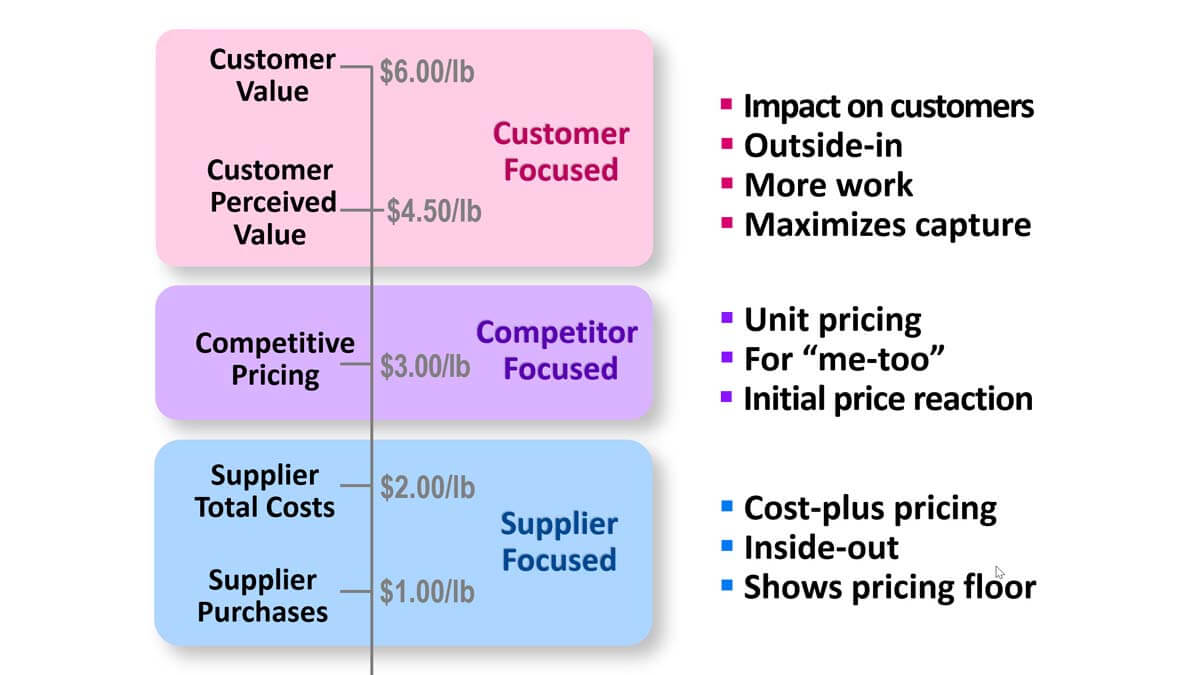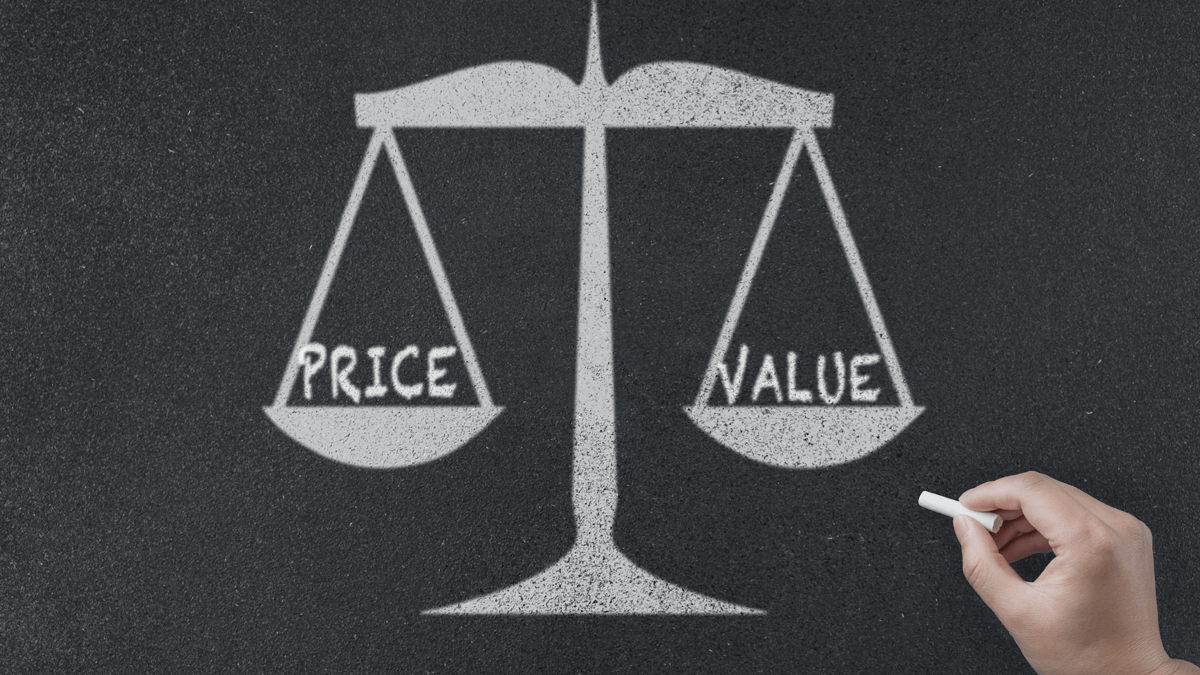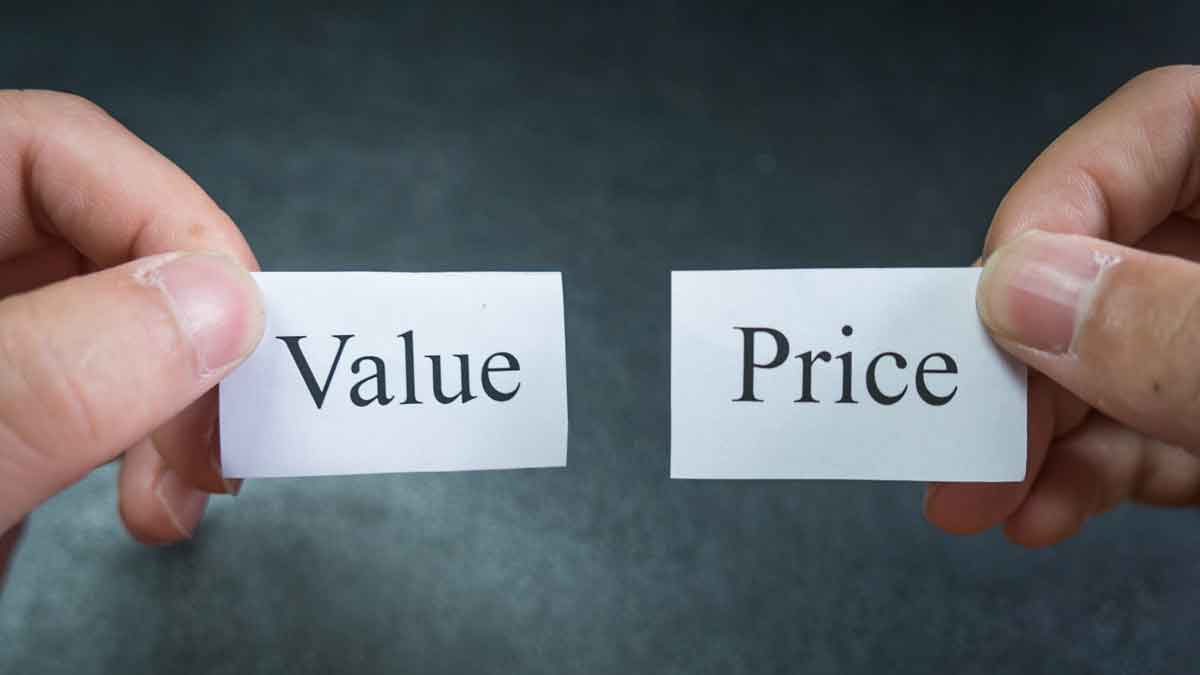Your pricing could be supplier-focused, competitor-focused, or customer-focused. 1) Supplier-focused pricing is cost-plus pricing. It’s inside-out, leaves money on the table and only indicates your pricing floor. 2) Competitor-focused emphasizes unit pricing, and is only useful for me-too products and gauging initial price reaction. 3) Customer-focused pricing reflects the economic impact on customers. It’s outside-in and does require more work for you. But if you want to maximize value capture, it’s the only way.
More in 2-minute video, Use value calculators to establish pricing
You can miss an important customer need… pursue the wrong need… over-design and add unneeded costs… measure customer success the wrong way… overlook a competing alternative… over-estimate what customers will pay… under-value your product… use improper messaging. So many chances to err. Fortunately, B2B producers can use a “science” to avoid all of these.
More in article, How to Avoid New-Product Commercial Risk
Many B2B suppliers consider competitive pricing as they plan new-product pricing. Or worse, cost-plus pricing. Both are irrelevant if you deliver real value to customers… not a “me-too” product. Competitive pricing just helps you judge initial customer reaction, and cost-plus just sets the pricing floor. Neither tells you what customers will pay. For that, you need customer-value pricing.
More in article, New Product Pricing: Capturing Freshly Created Customer Value
Many think new product pricing is determined by how much value a supplier delivers to customers… but that’s not strictly true. Pricing is driven by customers’ perception of value delivered. Therefore, you need to give prospective buyers a value calculator or similar tool, so they can see how much money they’ll make or save.
More in white paper, Catch the Innovation Wave (page 12).
You have to deliver important value that customers cannot get anywhere else to command a higher price. If customers can get this same value from just one other supplier, they’ll use it as leverage for lower pricing. So the difference between delivering new value and matching existing value is the difference between raising and lowering market pricing.
Download our Free white paper to discover how the Innovation Wave will differ from earlier Quality and Productivity Waves. Catch the Innovation Wave (page 8).
When you give customers a value calculator with hard numbers, you are much more credible and you build their confidence in your new product. And you boost customer “internal selling.” If your unit price is higher than competitors’, you can help your customer purchasing agent prove he’s a hero, not a goat.
Read more in article, Getting Top Price for Your New Product (Originally published in B2B Organic Growth) Resist the temptation to ask a customer, “What would you pay for this?” There’s a little alarm that sounds in the customer’s head saying you’ve stopped trying to help him, and are now trying to help yourself.






